RHI: Arlene Foster's 'not responsible' claim unclear
- Published
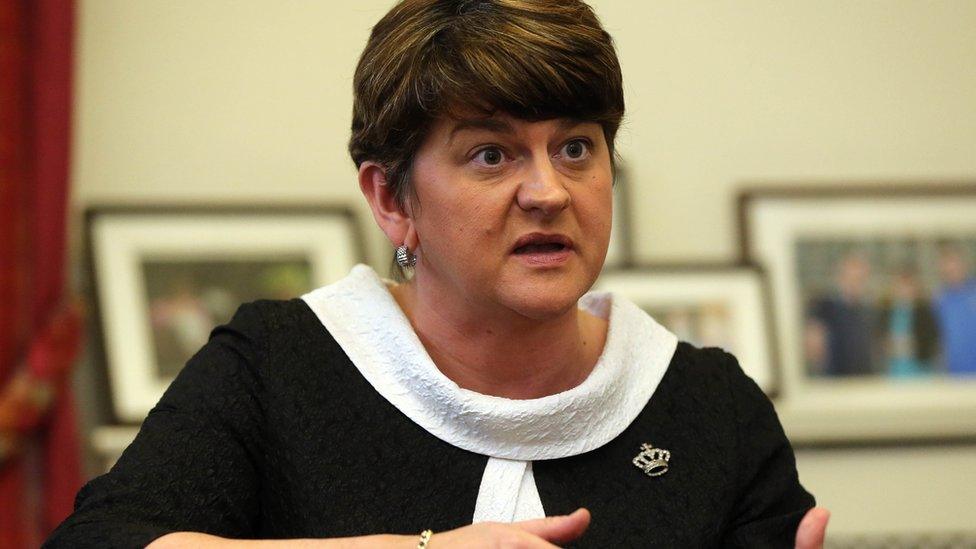
DUP leader Arlene Foster faced several days of questioning at the inquiry into the RHI scheme
The chair of the inquiry into NI's flawed green scheme has said he is still not sure what Arlene Foster meant when she said she was "accountable but not responsible" for aspects of it.
Sir Patrick Coghlin made the remark as a lawyer for the DUP gave closing submissions to the RHI inquiry.
The Renewable Heat Incentive (RHI) scheme was set up in 2012 to boost uptake of eco-friendly heat systems.
But, huge subsidies led to a potential bill of £490m for NI taxpayers.
An inquiry to establish what went wrong with the scheme, which became known as cash-for-ash, was set up in 2017.
It is sitting for the final time on Wednesday, Thursday and Friday this week to hear closing arguments before the three-member panel retires to consider its findings.
'Not entirely clear'
One of the most high-profile witnesses to give evidence was DUP leader Arlene Foster, who was the Stormont minister in charge of the scheme when it was first set up.
In September, she told the inquiry she was "accountable but not responsible" for the actions of her former special adviser Andrew Crawford.
The inquiry has heard that he:
Predicted a spike in applications, which sent the scheme's costs spiralling
Sent confidential government documents to relatives who were potential or actual beneficiaries of the scheme
Proposed policy changes that would have benefited poultry giant Moy Park
Poultry farmers make up a significant share of the claimants on the RHI scheme - almost all of them supply Moy Park.
On Thursday, Sir Patrick said of the "accountable but not responsible" phrase offered by Mrs Foster: "I, for myself, am not entirely clear what that might mean."
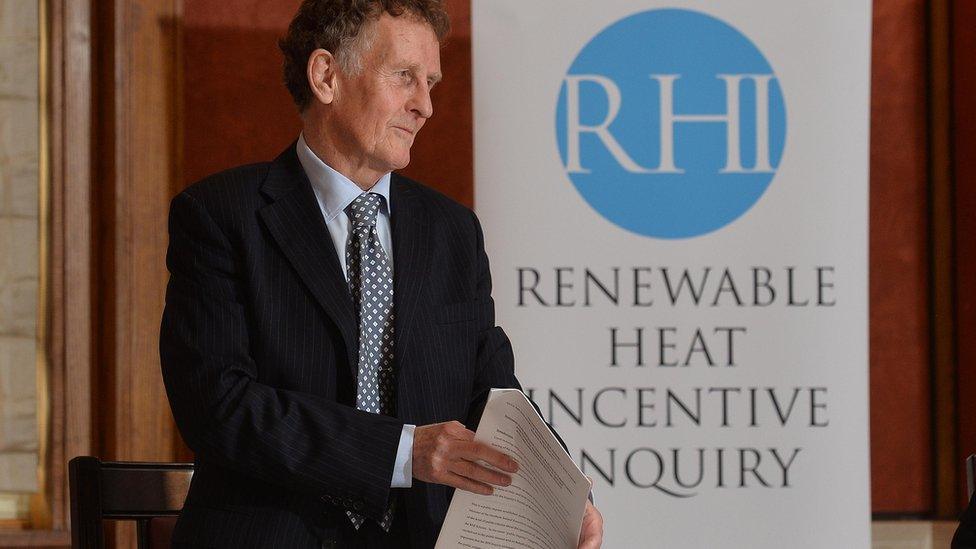
The RHI public inquiry is being chaired by Sir Patrick Coghlin and heard 111 days of oral evidence
Sir Patrick asked whether Mrs Foster accepted she was responsible for poor departmental record-keeping; the failure to deal adequately with scheme abuse allegations by businesswoman Janette O'Hagan; and a lack of communication with her adviser Andrew Crawford over who was meant to read detailed technical reports linked to the scheme.
Julie Ellison, the lawyer acting on behalf of the DUP, said Mrs Foster accepted that she had not dealt effectively with Ms O'Hagan's emails; that she believed civil servants were keeping minutes of meetings; and that the question of her communication with Mr Crawford would be one on which the inquiry panel would have to make a finding.
Later, Ms Ellison said she would have to take further instruction on whether Arlene Foster accepted she could not be "absolved" of the responsibility for decisions that had been taken by her officials.
She said she would come back after a further consultation with Mrs Foster on the issue.
'Leadership or lack thereof'
It followed a question from inquiry panel member Dame Una O'Brien.
She asked whether the DUP and Mrs Foster now accepted that they bore responsibility for the decisions of civil servants.
Earlier, Ms Ellison said the inquiry had looked at the role "leadership or the lack thereof" had played in the crisis.

The RHI scheme sought to boost the use of renewable energy in NI, but a perverse incentive meant claimants could exploit the scheme for profit
She told the panel a minister's key role was to set policy direction in the department during their time in office, but that the long-term continuity in government was provided by the civil service and in particular, the departmental permanent secretary.
"This does not absolve the minister from responsibility for decisions that he or she may take, but it does mean ministers are reliant on their officials to bring relevant issues and information to their attention accurately," she said.
Trust between officials and minsters was "fundamental", the lawyer added.
"Given the breadth of the ministerial role and the complex and wide-ranging issues arising in a department such as DETI (Department for Enterprise, Trade and Investment) a minister, even with the help of his or her special adviser, simply cannot be across the detail of every policy which 500 or so departmental officials are working on."
Dame Una asked whether that explanation meant the DUP and Mrs Foster accepted they bore responsibility for the decisions of their officials.
Ministerial 'responsibilities'
Ms Ellison said the phraseology had been hers, and used as part of her legal submission.
"If it would be of use to the inquiry, I can set that out and get the imprimatur of Mrs Foster as party leader specifically on that point, and tease it out."
Dame Una said she believed it would be useful because "by definition, if you hold a ministerial role you have responsibilities".
"So it would be very useful to verify whether what you're saying to us this morning is the summation of the position of Mrs Foster in relation to that point," she added.
"Because, as the chairman has rightly referenced, there is a question on what does it mean to be accountable but not responsible."
The lawyer said in order to get the "definitive position" of Mrs Foster, she would come back to the inquiry on the question.
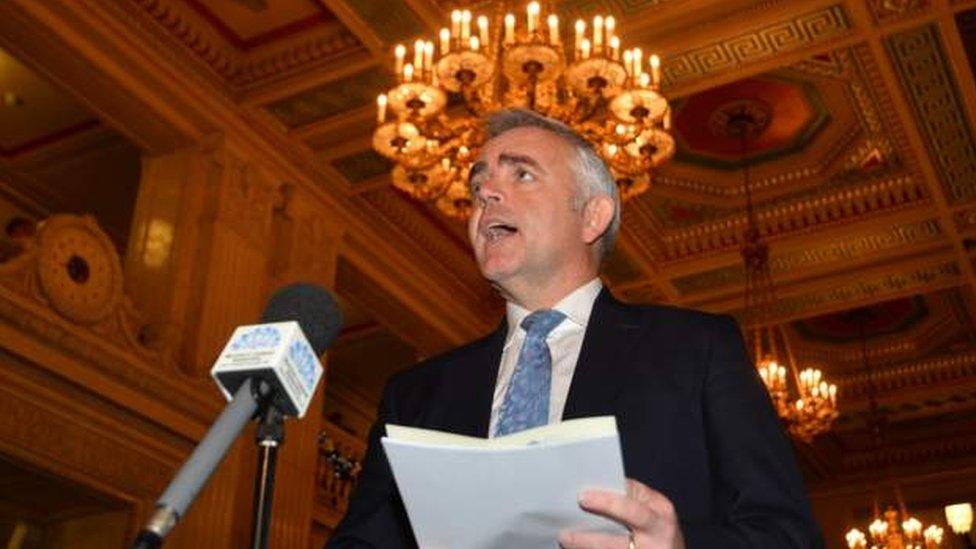
Former DUP minister Jonathan Bell was suspended from the party for going public with his claims and later left the DUP
The panel also heard that that the inquiry "probably wouldn't have been held" without an ex-DUP minister going public with allegations about the scheme.
Ronan Lavery QC made the claim on behalf of Jonathan Bell on the penultimate day of closing hearings.
Mr Bell gave an interview to BBC presenter Stephen Nolan in December 2016 claiming that he had been prevented from closing the scheme by DUP advisers.
'Drunkenness and incompetence' claims
Mr Lavery said claims Mr Bell was only appointed enterprise minister because of his closeness with then First Minister Peter Robinson were not true, and that "he would not have been appointed DETI minister if he was not more than competent for this high-profile and complex role".
The barrister said "many of the headlines" in the RHI debacle have been personal about Jonathan Bell, including allegations of "violence, drunkenness, incompetence".
He added that there was a desire to blame Mr Bell for the RHI disaster, for the delay in adding cost controls to the scheme, and finally the closure of it in February 2016.
Mr Lavery said that criticism had only ever come from the DUP and ministerial advisers, and that "nobody else has sought to blame Mr Bell for any delay in the scheme".
Mr Bell did everything he possibly could to close the scheme, he added.
The inquiry is likely to publish its report at some stage in 2019.
- Published26 October 2018

- Published24 October 2018
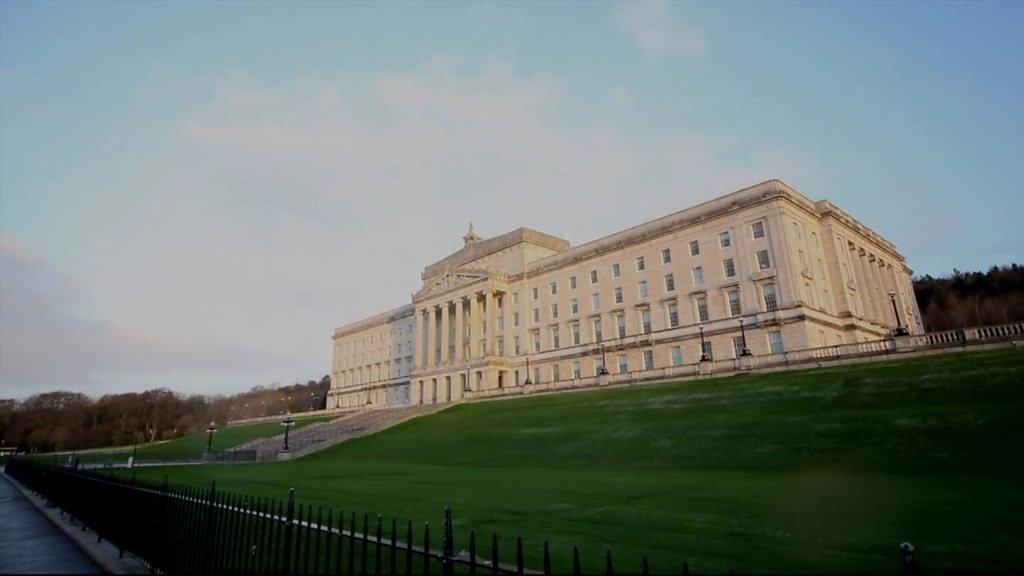
- Published23 October 2018
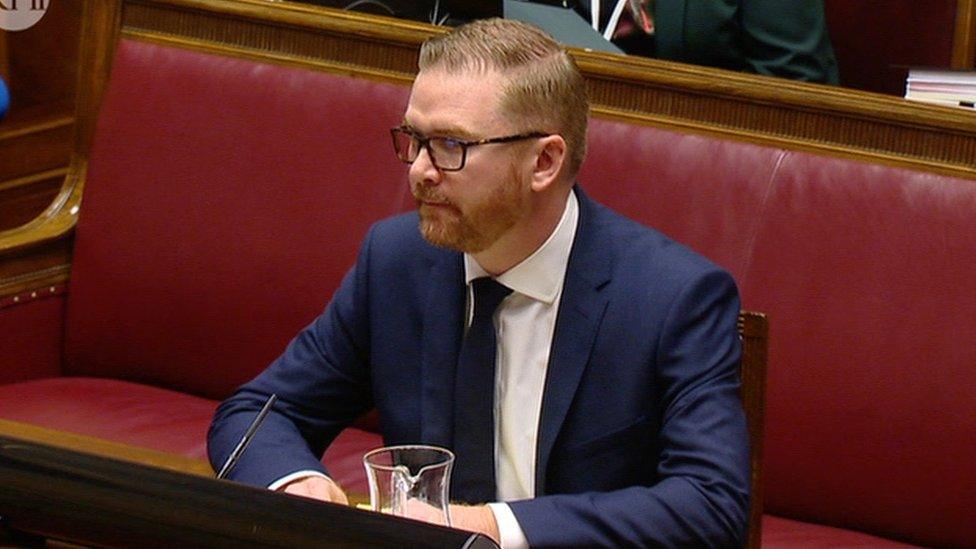
- Published10 October 2018

- Published5 October 2018
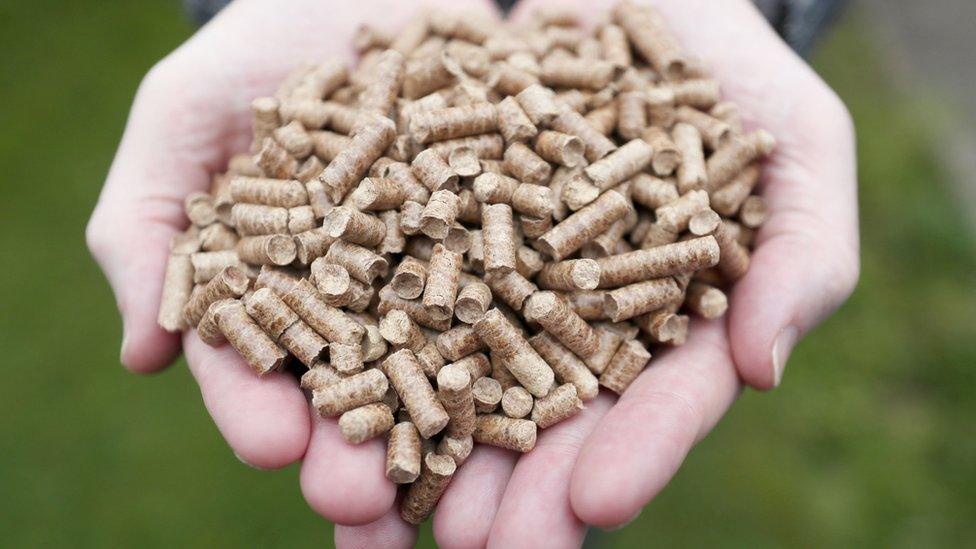
- Published5 September 2018
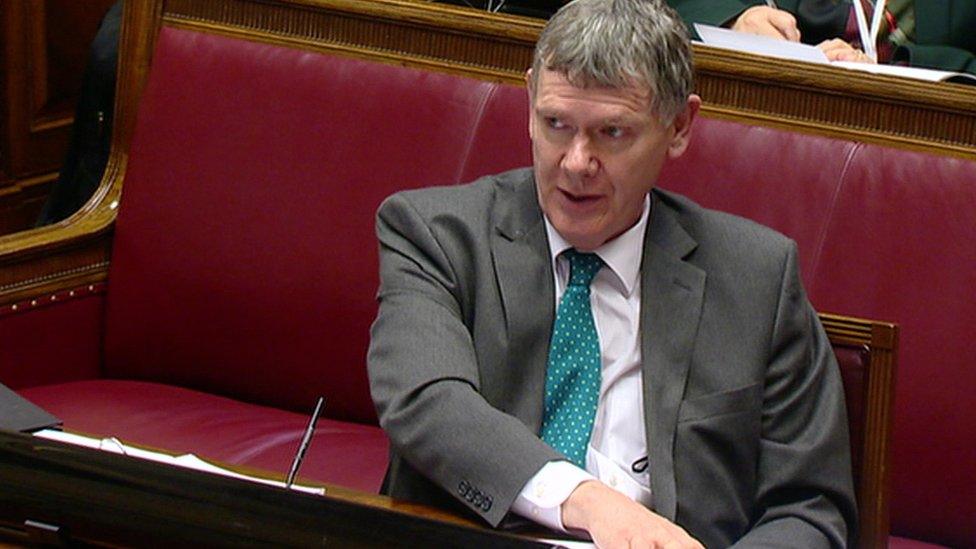
- Published4 September 2018

- Published23 October 2019

- Published7 November 2017
